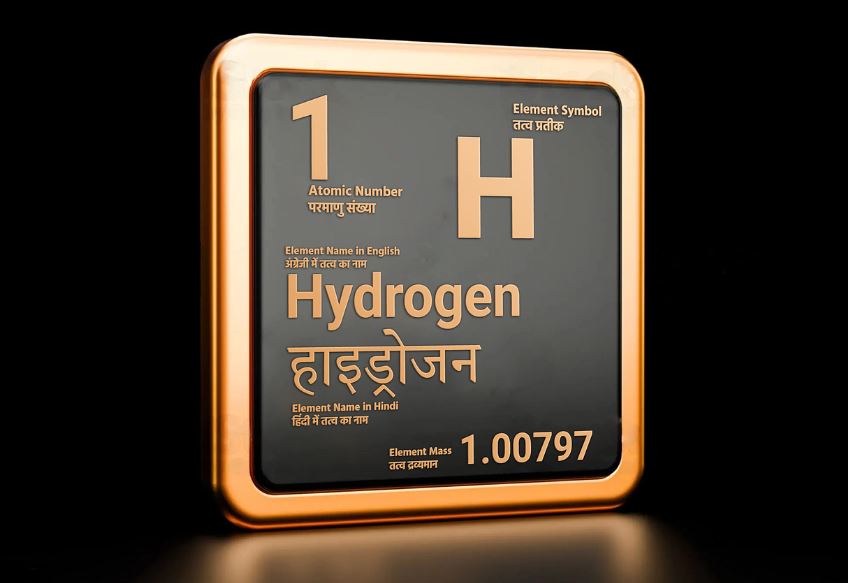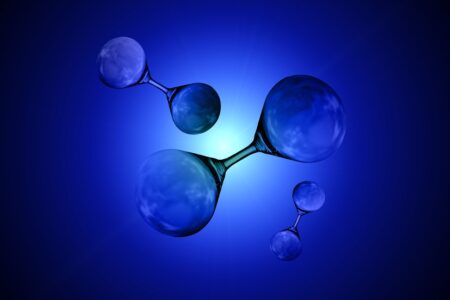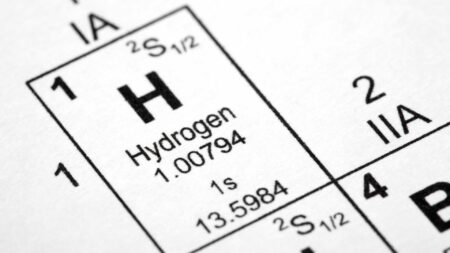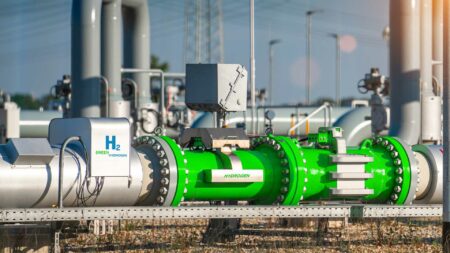An international team from Peking University and Cardiff University has unveiled a catalytic technology that produces hydrogen without direct CO2 emissions at source—an advancement that could significantly impact the green hydrogen economy. This development is not merely a laboratory innovation; it represents an actionable step toward de-fossilization in the chemical industry.
The newly established method diverges from conventional hydrogen production, typically marred by high-energy demands and substantial CO2 emissions. Traditionally reliant on fossil fuels, hydrogen production has been a paradox, touted for its potential environmental benefits while encumbered by its carbon-heavy methodologies. Approximately 96% of global hydrogen is derived from fossil fuels, a process emitting around 9-12 tons of CO2 per ton of hydrogen—an elephant in the room for environmental advocates.
The new process operates at a remarkably lower temperature of 270°C, compared to the typical 400-600°C required in standard methods. This temperature reduction is achieved through a bimetallic catalyst that reacts with hydrogen-rich bioethanol derived from agricultural waste. The breakthrough method not only avoids carbon dioxide emissions but also co-produces acetic acid—a valuable chemical with multiple industrial applications and a global demand of over 15 million tons annually.
Beyond its environmental advantages, the co-generation of acetic acid offers economic incentives, potentially lowering costs in industries reliant on this organic liquid. The catalytic approach underscores a circular economy model, where biomass-derived hydrogen and acetic acid reinforce sustainable industrial practices.
Dr. Graham Hutchings, from Cardiff University, emphasized the significance of transitioning from fossil-based feedstocks, highlighting the potential to reshape industrial processes towards net-zero goals. This sentiment is echoed by Peking University’s Professor Ding Ma, who underscores the broad applicability and future promise of this catalytic technology within the green hydrogen economy.
Published in Science, this research not only charts a new path for low-carbon hydrogen production but also reinforces the need for ongoing innovation in chemistry to meet global environmental targets. The collaborative research between these academic institutions reflects a decade of dedicated investigation into metal-carbide catalysts, marking an evolution in scientific understanding and application.








